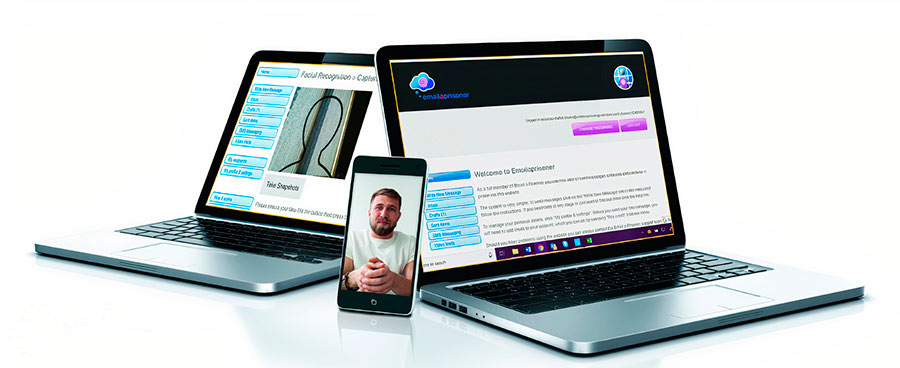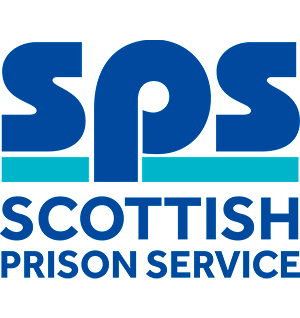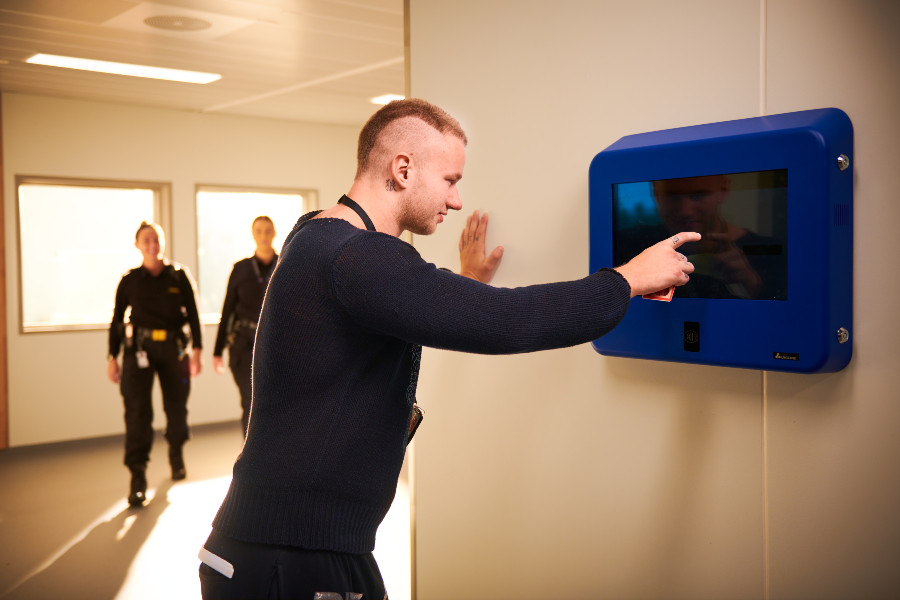Technology Implementation Case
Scotland
The Scottish Prison Service (SPS) is an executive agency of the Scottish Government, which was first established in April 1993.
We keep those sentenced or remanded to our care in safe and secure custody, with a focus on rehabilitation, recovery, and eventually reintegration, in the interests of improving their life chances and safeguarding the public. SPS directly runs 13 prisons, with two more managed via contracts with private sector companies. Currently there are just over 7,500 prisoners in SPS’ care.
In 2019, SPS surveyed the prison population as part of the 17th Prisoner Survey and found 43% of our population had physical visits from friends and family.
Of these, one fifth received visits weekly (22%), while 9% received them fortnightly, and 11% received them monthly. However, over half reported that people experienced problems when visiting them in prison (53%). The most common problem reported was the distance of the prison from their home (72%), followed by a lack of transport (65%), and the cost of getting to the prison (57%).
The challenge of supporting positive contact with friends and family was exacerbated by the COVID-19 pandemic. Following the national guidance to protect the health of the public, and people in care, SPS suspended all physical visits to adhere to the national lockdown rules.
In 2020, SPS approached Unilink about a secure video sessions solution for its prisons, as an alternative to physical visits, which had been suspended. In May that year, SPS contracted a Video Sessions solution that provides a secure, visual communication method between prisoners and their families, regardless of their location.
This cloud-based solution uses a secure, peer-to-peer, encrypted connection, which prevents potential call interception by third parties. All sessions are pre-booked and approved so that only authorised visitors are able to participate in the video call. Facial recognition is used to verify and monitor visitors before, and during, the video session. The service is easy to access on any browser-enabled device, such as a phone, tablet, laptop, or PC.
The implementation process followed a detailed plan of on-boarding, setup, and configuration, to enable all residents in all 15 prisons to conduct secure video calls. Within three weeks the service was successfully rolled out across all prison sites.
Implementation process
- Project Management: Project Management and Service Delivery Management teams liaised with individual prisons and prison officers remotely to plan the rollout of the service across all sites within three weeks.
- Information Gathering: Requesting information about prison site, number of prisoners, number of estimated concurrent video sessions, Internet bandwidth, booking slot windows, timings for sessions on offer, duration of call (typically 30 minutes), option of recording from start where applicable, maintenance slots, IP addresses and more.
- Training & User Guides: Administrator, prison and prison officer training on how to use the system, complete basic troubleshooting tasks, log support queries and understand the end-to-end process of booking, managing, overseeing and recording video sessions.
- Pre-configuration, Testing & Rollout: The service was rolled out at an average of one prison per day. SPS provided a list of sites and the order in which each site needed to be setup. The vendor completed the site pre-configuration and testing phase prior to going live with the service. For each establishment this was scheduled in the morning and upon successful testing, site would enable the service in the afternoon with the ability to conduct live video sessions on the following day.
- Service Communication: Communications through appropriate channels that the Video Sessions Service was going to be live by a particular date, how callers could register and request a video session understand how to use the service through user guides available online, tutorials and “how to” video guides. The public were also provided information about contacting the customer support if experiencing problems with the service and giving feedback on the service.
- Service Management & Support: Dedicated support channels are available for the public and prisons where all issues and problems are logged, managed and resolved.

Since the implementation of the service, over 104,000 successful video sessions have been carried out. This is 700 calls per week on average, or over 2800 video sessions conducted each month, across the entire estate, and the service is working smoothly, with little to no support queries.
The Video Sessions have a number of benefits to people in custody, their families, and prison staff. They support better family ties, with no need to travel and spend on transport costs, from any place in the world. Benefits to staff include the control over scheduling the sessions, gathering intelligence, keeping those in our care calm, and preventing contraband being smuggled by visitors. The video sessions allow people to keep in touch with their loved ones, which improves their mental wellbeing, and promotes positive parenting.
“Seeing our brother after months of not being able to visit him in person was really great. It’s really important for both our family and my brother to continue to have positive contact during this extremely difficult time when we have no idea when we may be able to see him in person. Thank you so much for making this possible.”
— A customer
“The value of maintaining family links in custody is widely known as a fundamental element of rehabilitation. The provision of virtual visits and phones has been critical in the ongoing and very challenging circumstances.”
The successful roll-out of video-conferencing and mobile technologies is testament to the hard work and dedication of SPS management and staff and part of the Scottish Government’s wider commitment to maintaining safe and stable prison regimes, where conditions are conducive to, and supportive of, successful rehabilitation.
SPS has continued to offer Video Sessions beyond the COVID-19 pandemic – not as a substitute for physical visits, but as an additional means of communication, improving family ties, chances of rehabilitation, and overall mental well-being of both prisoners and their loved ones. Establishments are looking to add professional visits to the portfolio of visit types, as well as extended sessions for some types of people in our care.



The Scottish Prison Service is responsible for those who are committed to its care by the Courts and is accountable to the Scottish Parliament for the delivery of custodial care in accord with “The Prisons and Young Offenders Institutions (Scotland) Rules 2011”. The national justice strategy asserts the role of prisons in seeking to achieve a reduction in reoffending and in supporting those in custody in their safe reintegration back into their communities, hence SPS’s vision is to help build a safer Scotland by unlocking potential and transforming lives.


